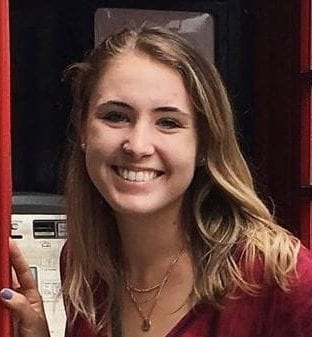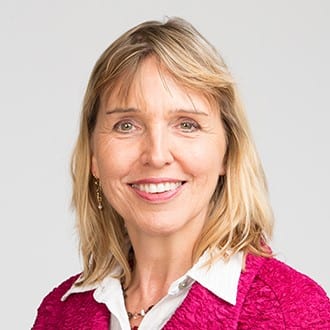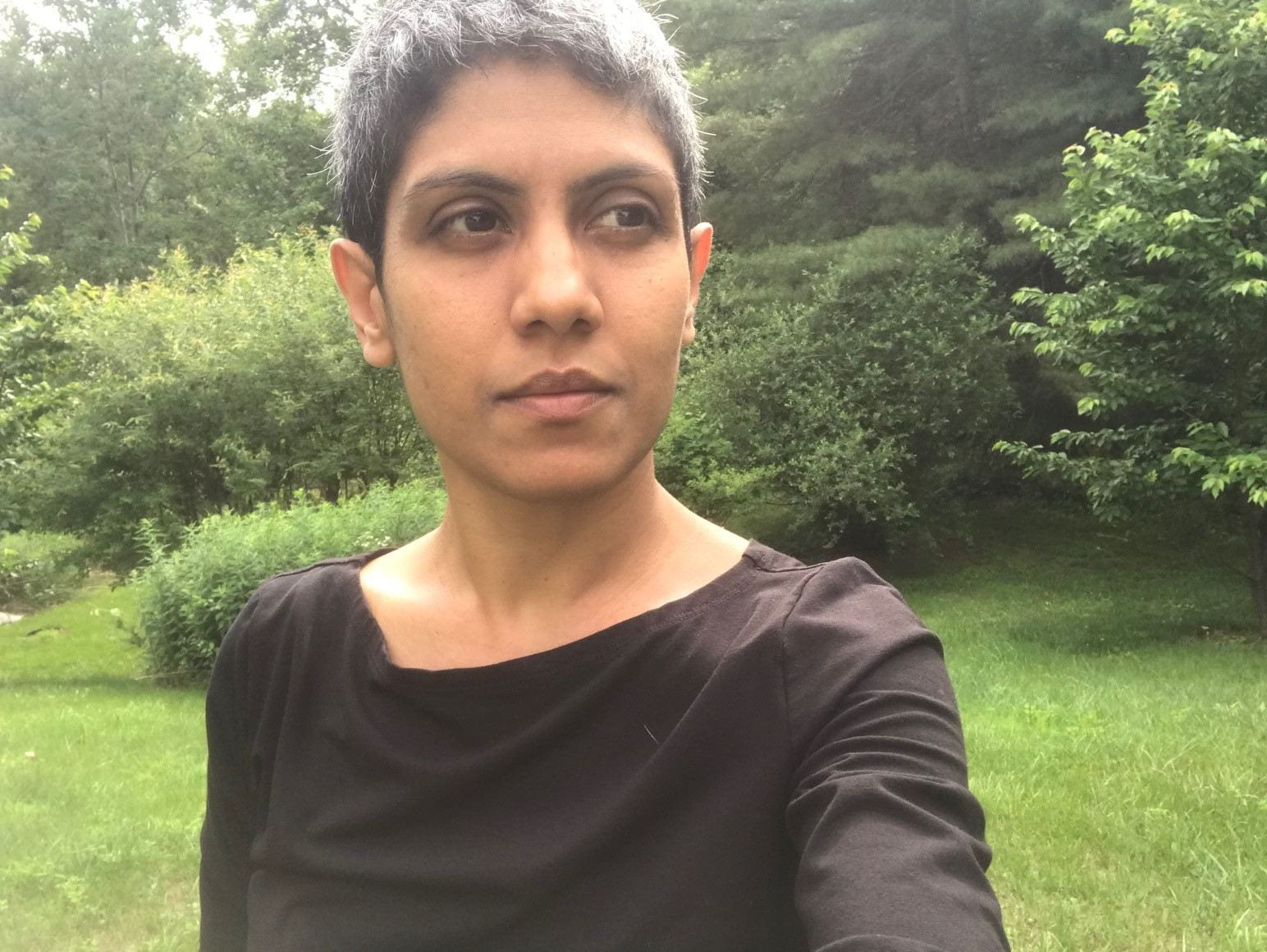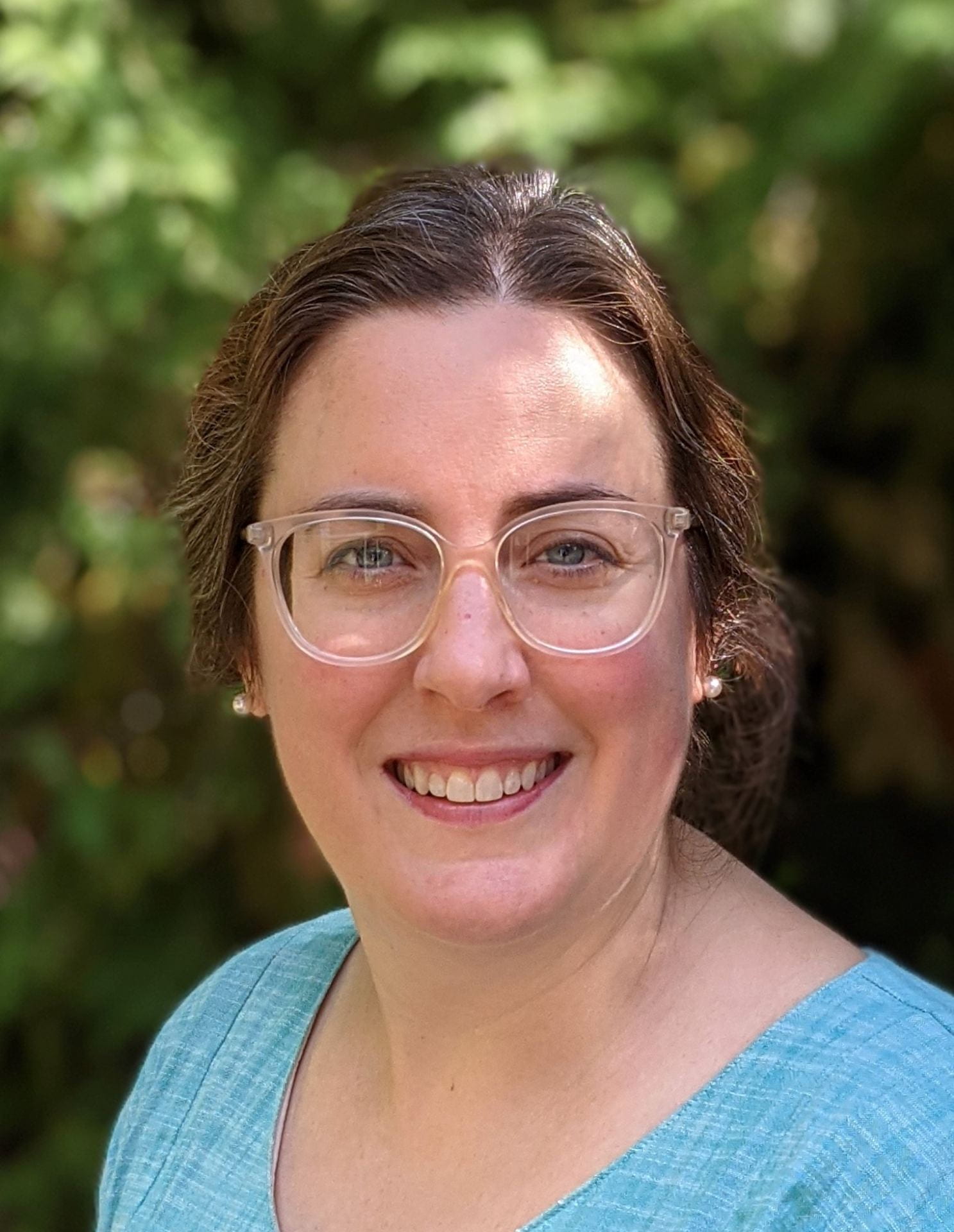WiDS 2023 Fall Speakers
Central Massachusetts Women in Data Science
September 14th, 2023
Opening Remarks

Dr. Geri Louise Dimas
Assistant Professor, Data Science Program, Bryant University
Geri Louise Dimas received her Ph.D. in Data Science Program from Worcester Polytechnic Institute in May 2023. She is now an Assistant professor at Bryant University in the Department of Information Systems and Analytics teaching Data Science courses. Dr. Dimas is also the Co-Director of the Institute for the Qualitative Study of Inclusion, Diversity, and Equity (QSIDE) Stopping Trafficking And Modern-day Slavery Project (STAMP) Lab. Her research focuses on applications of applied analytics and data science at the intersection of societal issues such as immigration, anti-human trafficking, and homelessness.

Dr. Elke Rundensteiner
Professor and Director / Founder, Data Science Program, WPI
Panel: Data Science and Environmental Justice
Moderator

Dr. Geri Louise Dimas
Assistant Professor, Data Science Program, Bryant University
Geri Louise Dimas received her Ph.D. in Data Science Program from Worcester Polytechnic Institute in May 2023. She is now an Assistant professor at Bryant University in the Department of Information Systems and Analytics teaching Data Science courses. Dr. Dimas is also the Co-Director of the Institute for the Qualitative Study of Inclusion, Diversity, and Equity (QSIDE) Stopping Trafficking And Modern-day Slavery Project (STAMP) Lab. Her research focuses on applications of applied analytics and data science at the intersection of societal issues such as immigration, anti-human trafficking, and homelessness.
Panelists

Dr. Chaitra Gopalappa
Associate Professor, Mechanical and Industrial Engineering, UMass Amherst Associate Professor, Commonwealth Honors College, UMass Amherst Guest Researcher, Centers for Disease Control and Prevention (CDC/NCHHSTP)
Dr. Chaitra Gopalappa is an associate professor of industrial engineering and operations research at the Department of Mechanical and Industrial Engineering and Commonwealth Honors College at the University of Massachusetts, Amherst. She is also a guest researcher at the U.S. Centers for Disease Control and Prevention. Her work is in the area of simulation, simulation-based optimization, reinforcement learning and machine learning, and stochastic processes. Her lab focusses on developing mathematical and computational models to inform public health policies. Recent work includes use of machine learning methods to capture the interactions between interrelated sexually transmitted diseases and social determinants of health, to subsequently quantify disease risk attributed to social and economic conditions, understand social needs of persons at risk of disease, and inform structural interventions. Her lab is funded by grants from the National Institutes of Health, the National Science Foundation, the U.S. Centers for Disease Control and Prevention, and the World Health Organization.
Dynamic simulation models are a critical tool to evaluate the impact of alternative disease intervention combinations to identify the strategy that is most optimal at controlling an outbreak. The fundamental building blocks of most infectious disease models are to simulate human behaviors such as contact networks, and testing and treatment behaviors. However, data show that disease cases are concentrated among populations in low socio economic conditions and further that social and economic factors are drivers of behaviors that increase risk of diseases. While behaviors are fundamental mathematical mechanisms for predicting the spread of diseases, modeling behaviors alone without the factors that drive them can enormously misrepresent intervention needs. These data also suggest that social factors are common risk factors of multiple diseases, and as such, the need for a method to jointly modeling related diseases to inform optimal allocation of resources through a unified approach to disease prevention. I will discuss some of our work in use of machine learning methods to address the challenges associated with building such a multi-disease model and simulating behaviors as functions of social determinants, related to sexually transmitted diseases.
Lab website: https://diseasemodeling.github.io/
Talk Title: Follow the data: social factors are among key drivers of disease risk. Building disease prediction models informed by data

Dr. Reshmi Ghosh
Applied Scientist, Microsoft

Dr. Catherine Izard
Data Science Manager, National Grid
Catherine Izard, PhD is a utility analytics professional who uses the power of data to shape the energy networks of the future. Catherine is passionate about combining interdisciplinary, systems thinking, advanced quantitative modeling and data science in a business context to solve energy and climate problems. She is currently a Data Science Manager at National Grid, where her team works on a wide variety of projects across the business to drive down ratepayer costs, support the transition to a clean energy future, and ensure the safety of gas and electric networks. Catherine holds a PhD in Engineering and Public Policy from Carnegie Mellon University.
Closing Remarks

Dr. Elke Rundensteiner
Professor and Director / Founder, Data Science Program, WPI